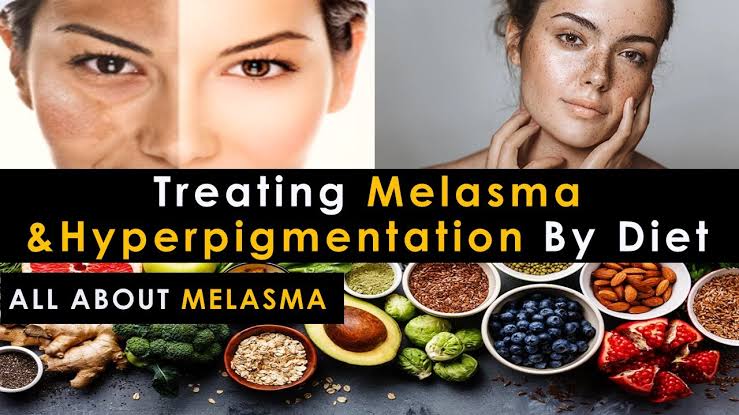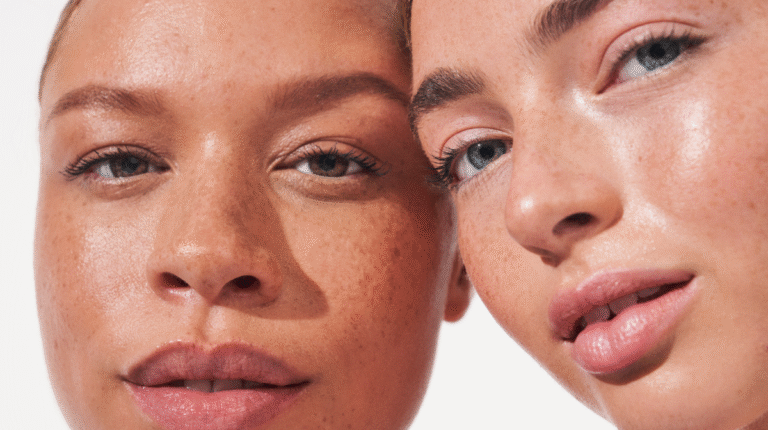
Melasma is an acquired pigmentation condition that causes brown and gray spots to appear on the cheeks, forehead, neck and forearm. The cause of melasma is due to external and internal factors, such as exposure to intense ultraviolet rays, hormonal influences during pregnancy, and family medical history.
In many cases, melasma can also be considered a sign of nutritional deficiencies and poor liver health, and is more common among pregnant women with fair skin, and tends to exacerbate during the summer, when UV rays reach its highest level. Harmless, this skin condition can make people lose confidence in their appearance.
Melasma usually disappears on its own after a few months, although it can take years in more serious situations, however you can look for a faster and more effective treatment for the condition, through combination therapies, including: hydroquinone, azelaic acid and retinoid, as well as Laser, chemical peels, dermabrasion, and you can improve the health of your skin from within by eating healthy food.
Here are some additions you might want to make to your diet plan to get rid of melasma quickly and effectively.
Essential Anti-Melasma Nutrients
According to a study in the Russian Open Medical Journal, hyperpigmentation has been linked to iron deficiency, anemia, and vitamin B12 deficiency. To reduce excess copper in your diet, which is also linked to an increased risk of melasma, eat foods rich in iron, as well as antioxidants, such as: Vitamin C and E.
Avocados, grapes, oranges, lemons, asparagus, sweet potatoes, and broccoli are among the fruits and vegetables that are high in vitamin C, E, and B12. They are also effective foods in regulating pigment formation in the skin and reducing brown areas.
But some melasma disorders are caused either by too much vitamin B12 or deficiency, and before taking more vitamin B12, you should have a blood test, or contact a dermatologist, to find out if you lack vitamin B12, or you have too much of it .
You should also balance your diet by dividing your food and drinks appropriately, for example: your daily diet should consist of 33% of fruits and vegetables, 33% of bread, rice and potatoes, and 17% of meat, fish, eggs and beans, and Milk and dairy products should make up only 17% of your daily meals, while fats and sugars should make up only 8%.
Foods and drinks to avoid
While solving the problem of nutritional deficiency with additional nutrients, you should stay away from many foods and drinks, which can aggravate your skin condition and indigestion, especially milk and cheese that consists of artificial hormones. Your skin weakens.
Also, sugar, salt, soybeans and regular carbohydrates should be prohibited foods, because they contribute to the spread of acne, and during the treatment of skin diseases, you should stay away from fried and spicy foods, as they lead to dermatitis.







